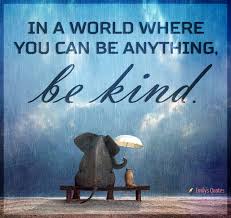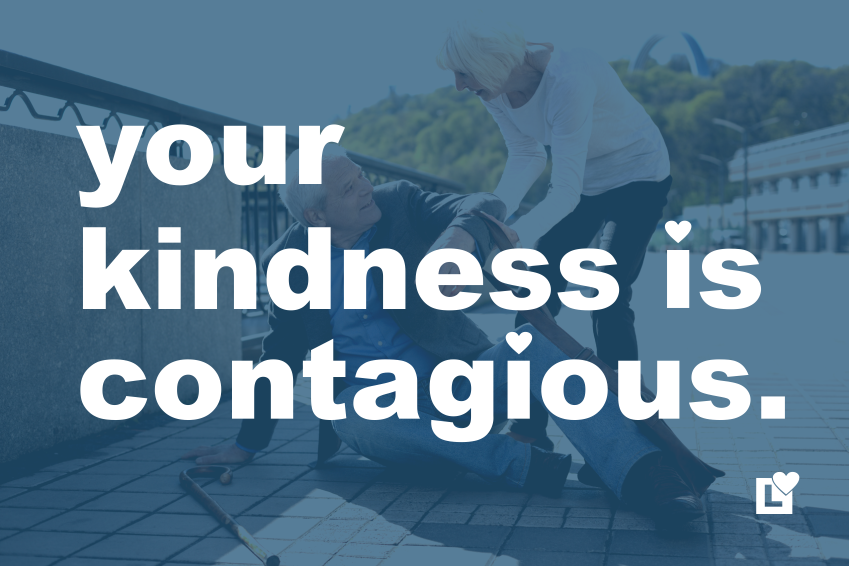Predicting Who Will Be Kind
After a woman bought meals at a McDonald’s drive-up for the Dad and his four kids in the vehicle behind her, 167 others duplicated her act of kindness by paying for the person behind them, according to an article in the Washington Post. Each action spurred someone else to be kind.
A study concluded that volunteers shown a video featuring kind acts were more generous donating to a children’s hospital than volunteers who watched a person doing sporting activities. Being exposed to an emotional experience of kindness often results in a greater likelihood to respond in kind.
Research at UCLA has shown how kindness can reduce heart disease, depression and risk for developing cancer. Another project underway is to determine why some people choose to risk their lives for others in life-threating situations.
If we can predict who will be kind, what impact might that have on where we choose to live and work? And if we can’t predict who are the kind people, we can be one.





Leave a Reply
Want to join the discussion?Feel free to contribute!